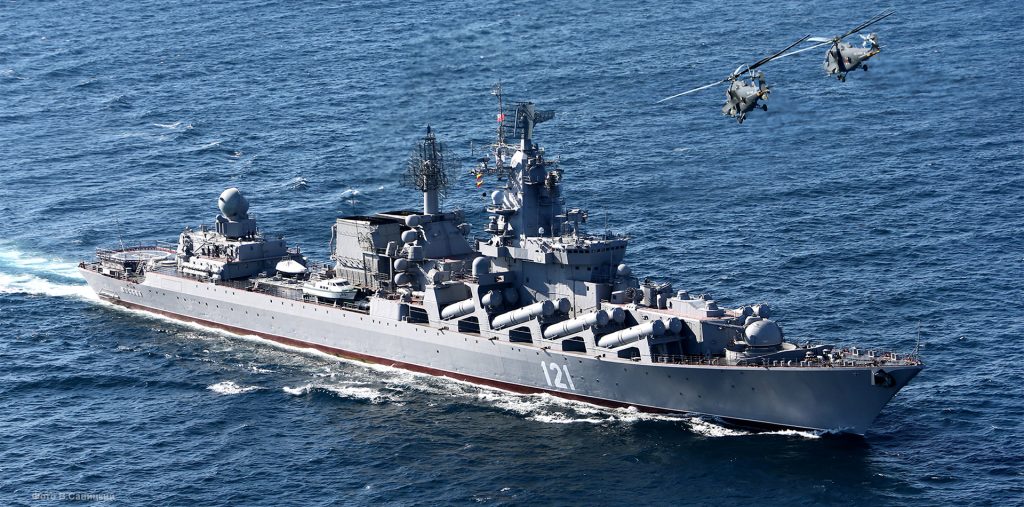I’ve been finding parallels between the events in Ukraine and 1914 (when Austria-Hungary attacked Serbia), 1938 (when the Western world acquiesced to Hitler’s annexation of the Sudetenland in the hope that it would bring “peace for our times”, to use Chamberlain’s words), 1939 (Hitler’s attack on Poland) and 1943 (Hitler’s historic defeat at Stalingrad.)
But perhaps it’s 1904-1905, when the Russian Empire waged a naval war against the Japanese Empire.
The specifics are different (for starters, the Russo-Japanese war was started by Japan), but the similarities abound: The general expectation was that a major European power, Russia, will easily prevail over the perceived inferiority of an “Asiatic” empire. Instead, Russia was humiliated, and the political backlash directly led to the 1905 revolution, itself a precursor to the 1917 Bolshevik revolution.
And here we are, in 2022, with Russia humiliated again by an enemy that was widely perceived as inferior. Beyond the tactical defeats, the strategic, political blunders are palpable: threats of Russian aggression have not only breathed fresh life into the NATO alliance, but also prompted traditionally (and fiercely) neutral Sweden and Finland to take concrete steps towards NATO membership.
And now, the Moskva. I am not sure but I am beginning to think that this 12,500 ton guided missile cruiser is the largest warship sank by enemy action since WW2. I mean, if this does not reek criminal recklessness and incompetence on behalf of the Russian leadership, both political and military, I don’t know what does.

Does this mean that a revolution is in the works? Are Putin’s days numbered? Perhaps, but I wouldn’t bet on it. And the nuclear wildcard is… there. Perhaps Putin will resort to nukes if all other options fail. Or perhaps a palace revolution widens into civil war, and the world may yet witness the consequences of the first ever nuclear civil war. Whatever happens, I doubt it will be pretty.